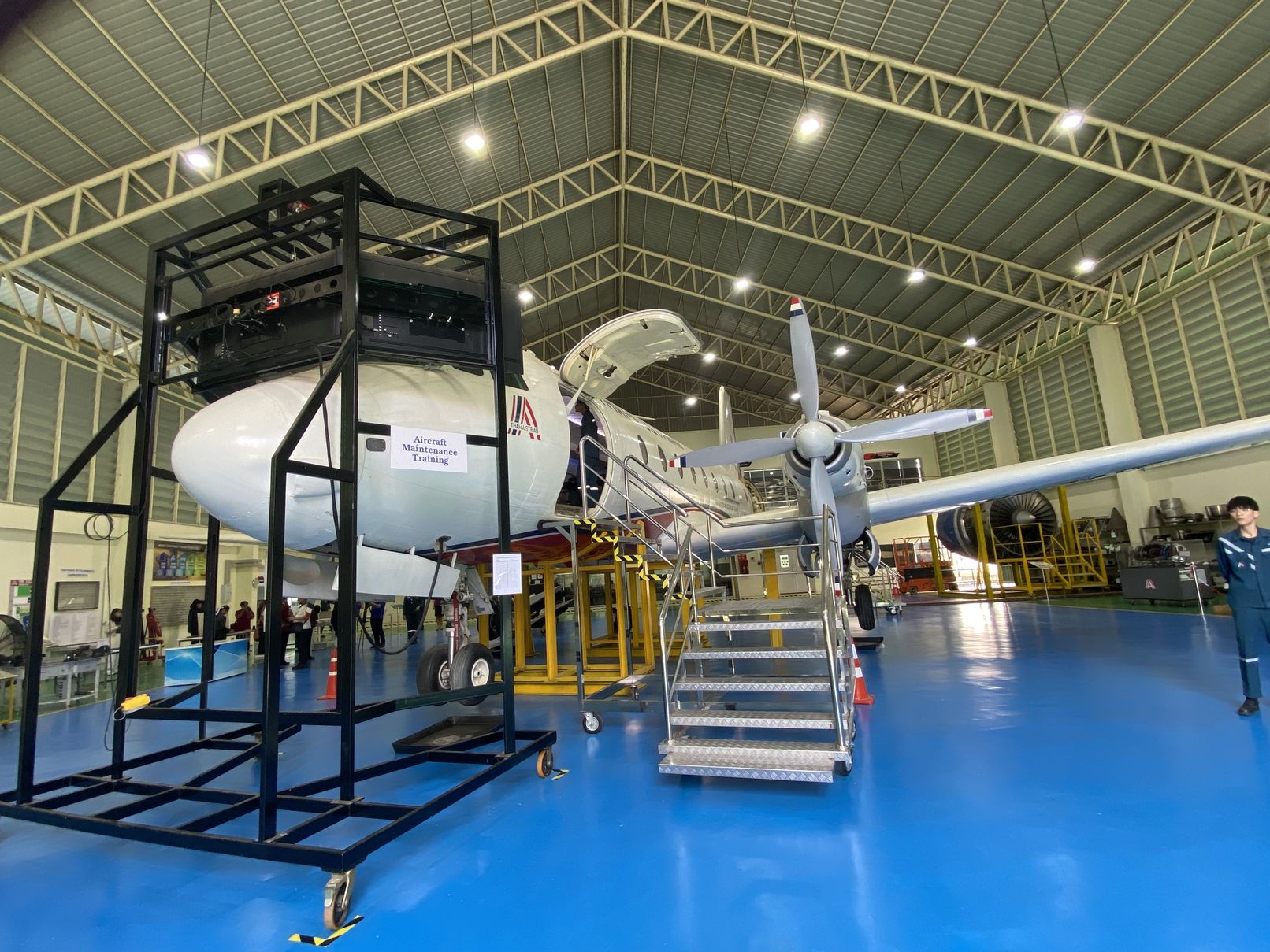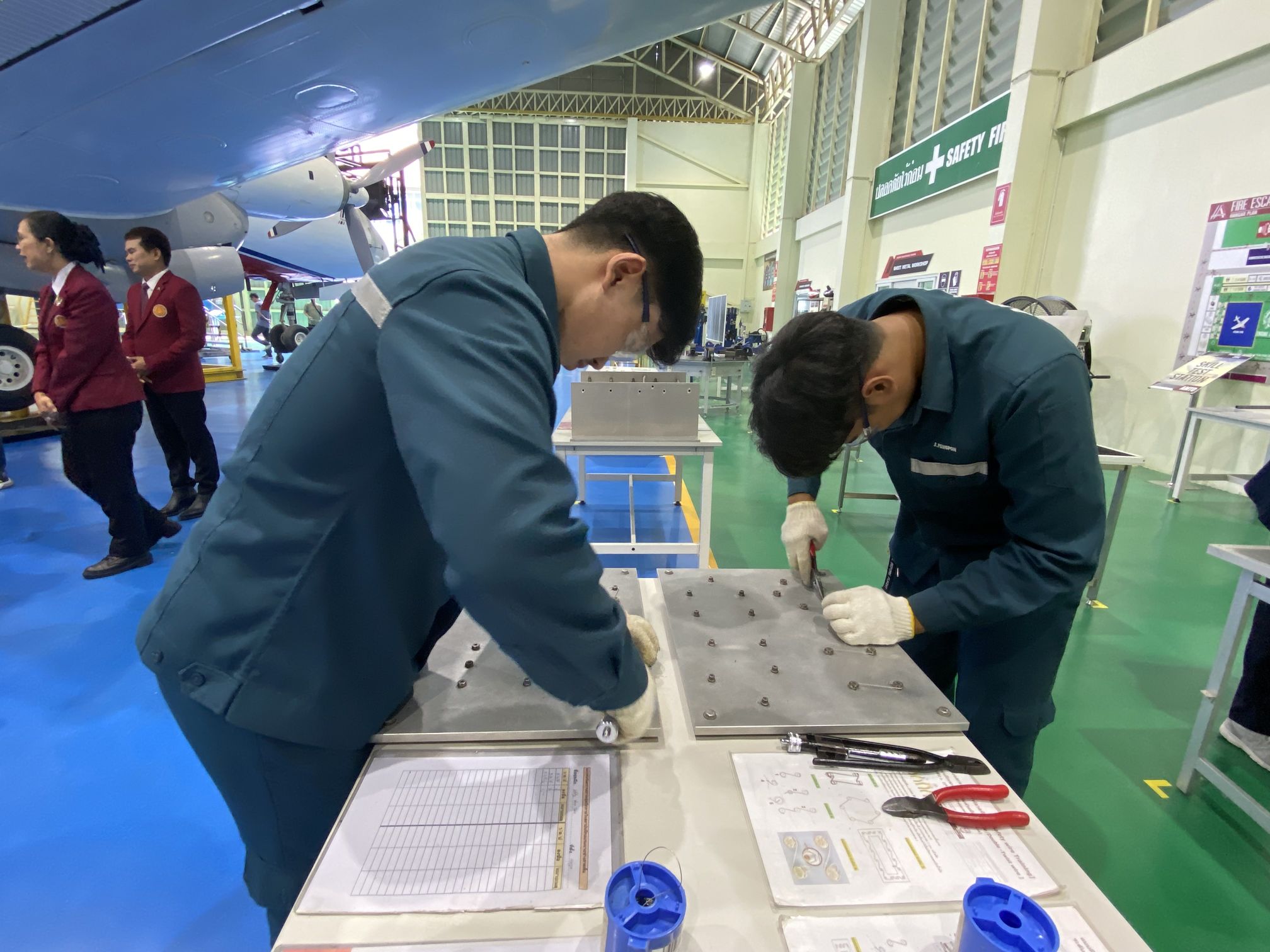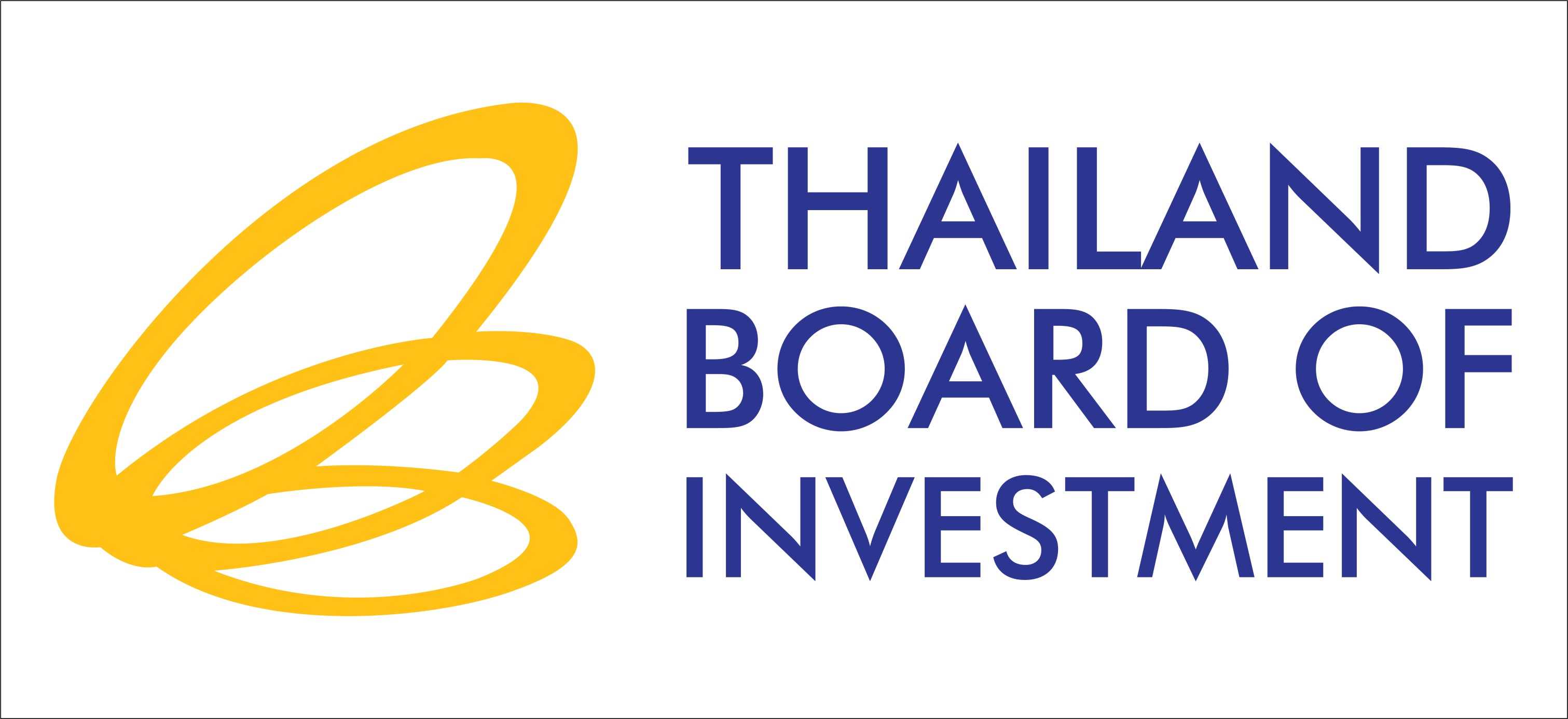Board of Investment’s promoted projects
Board of Investment’s promoted projects
Chatrudee Theparat
More requirement should be defined for BoI’s promoted project about human resource development and technology transfer.
The government should require more details in technology transfer for the Board of Investment’s promoted projects.
Tassaphan Suwannatat, an academic at School of Engineering and Innovation of Rajamangala University of Technology Tawan-ok, Bang Phra campus, urged the government or related agencies such as the Board of Investment to provide more details about technology transfer among BoI’s promoted projects.

Currently, the Board of Investment offers the highest privileges for companies to implement human resources development, especially in high technology industry and support international educational institutes to establish universities in Thailand.
“BoI’s offering only tax privileges without requirement may not create the highest benefits in human resources development and technology transfer. The government should require more details for those promoted projects to perform in order to open more opportunity on technology transfer such as a requirement for the number of experts to work with Thai companies and educational institutes, and the number of students to join the projects, or design collaboration between companies and universities.”
Chula Sukmanop, secretary general of the Eastern Economic Corridor Office (EECO), said the agency supported educational institutes, vocational institutes and companies in EEC to work together on up-skills, re-skills and dual-education system in order to produce human resources to serve a real demand of companies in EEC.
The project is aimed to drive EEC’s investment ecosystem via the production of highly skilled personnel, which will help attract investments in S-Curve industries involving depth technology and advanced innovations on a continuous basis.
He said there is a development of the high skilled personnel production at the Thai-Austrian Technical College. The institute has developed EEC Model Type A programs in collaboration with several leading firms.
Its vocational program for the automotive industry has been designed through partnerships with BMW, Ford, and E@. Its vocational program for the aviation industry has been developed through partnerships with Senior Aero Space, an American manufacturer of aircraft parts.
Human resources development in tourism industry, the college has worked with the Ambassador Hotel Group in preparing the vocational program.
Its vocational program for robotics and automation has been developed through collaboration with Mitsubishi Electric, while the program for the electronics and mechatronics has been designed in partnership with TKK and TBKK.
The progress is seen with the number of 470 graduates working with leading companies in the targeted industries.

The EEC Networking of Mechatronics Excellence Center (ENMEC) of the Rajamangala University of Technology Tawan-ok (Bang Phra Campus) has showed the progress of ENMEC’s human resources development. Its programs are relavant to the operation of automation systems, robotics, and smart manufacturing systems which are designed for both its students and people interested in short- term training courses.
According to EEC Model Type B, it requires learners to upgrade their skills to meet demand of the factories on advanced technology. EEC’s human resources development has delivered satisfactory results since 2020.
All relevant sectors including the public sector, the private sector, and the educational sector have worked together in developing curriculums in order to meet the need of the industrial sectors in the forms of EEC Model.
The project has already provided 54,573 workforces to companies in EEC. In 2024, the agency estimated more 76,573 workforces from the development program into industries, while EEC expected there are 475,668 people in demand over the next three-five years.
15 January 2024
Viewed 205 time
 EN
EN 




